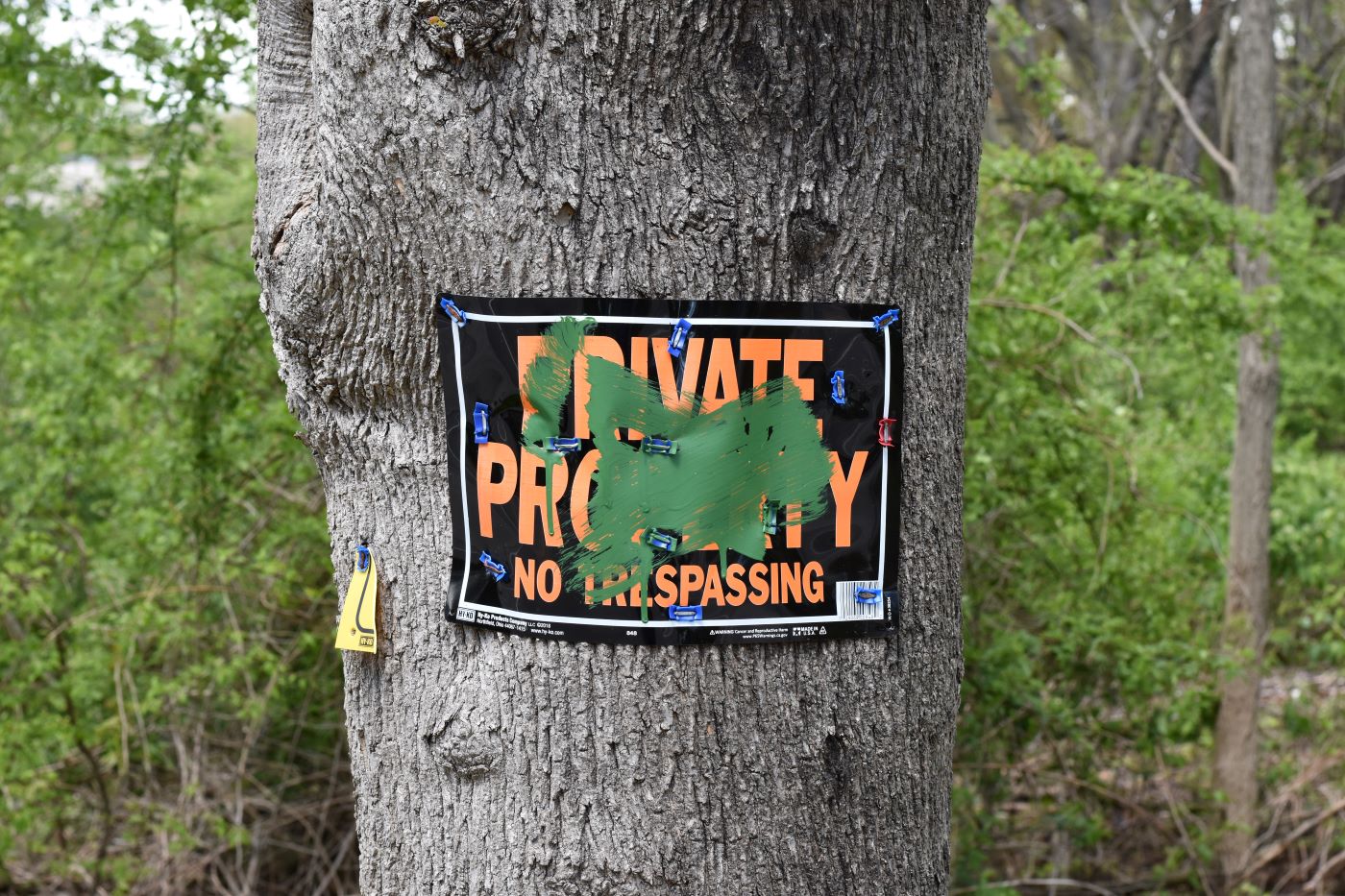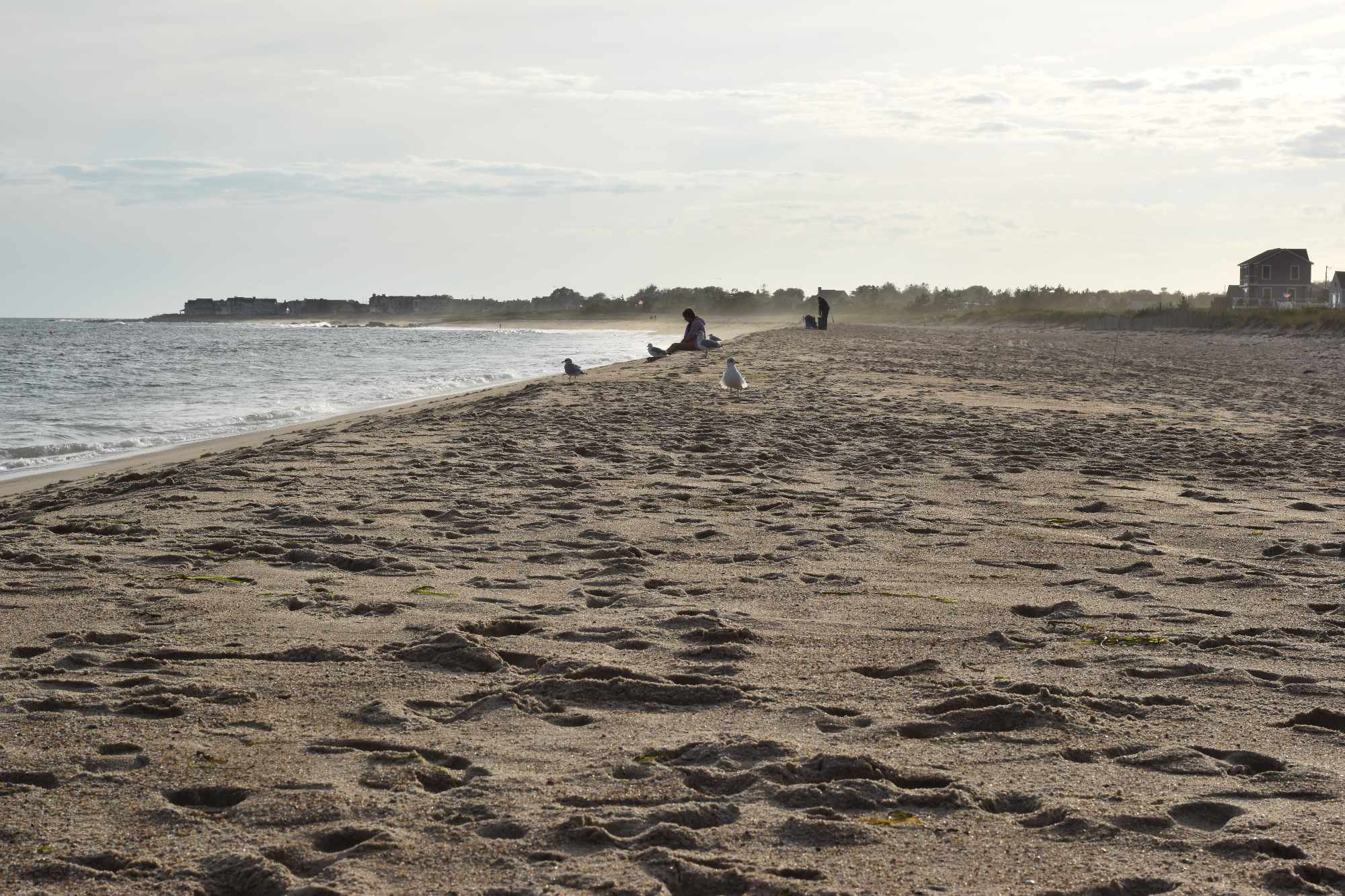Shell Oil Lawsuit Battles Over ‘Ticking Time Bombs’ on Allens Avenue
December 4, 2023
PROVIDENCE — A high-profile climate lawsuit against one of the biggest fossil fuel companies in the world is heating up in Rhode Island court.
In a motion filed last month in Rhode Island District Court, attorneys from the Conservation Law Foundation (CLF) accused London-based Shell Oil and a host of its subsidiary companies of dodging basic questions about company involvement in its terminal in the Port of Providence.
According to CLF’s filing, Shell Oil falsely claimed it had no information regarding who at the Providence terminal had environmental responsibilities, and declined to provide documents outlining both the reporting structure for environmental compliance and the specific relationship between Shell Oil and other named defendants in the case.
CLF, a Boston-based environmental advocacy group, filed the original lawsuit against Shell Oil in 2017, alleging that Shell failed to safeguard Providence and Narragansett Bay from flooding and other climate change-related threats to its petroleum storage terminal in the Port of Providence. It’s part of a series of lawsuits filed by CLF targeting big oil facilities in Rhode Island, Massachusetts, and Connecticut. The case is currently in its discovery phase.
“These facilities are ticking time bombs,” said Darrèll Brown, vice president of CLF Rhode Island, by phone. “Every time it rains, or we have a storm, the toxins from the area will be dumped into Narragansett Bay.”
At the heart of the lawsuit is Shell’s 75-acre property and ethanol railcar terminal on Allens Avenue, which contains 25 petroleum storage tanks that sit directly in a flood zone, and discharges petroleum and other toxic chemicals into the Providence River via stormwater runoff events.
Shell’s Providence terminal has flooded as recently as December of last year, according to documentation attached to CLF’s filing.
“Other oil facilities around the country have been breached and discharged during big storms like Hurricane Sandy and Hurricane Harvey,” Brown said. “We’ve not had a big storm here yet, but that’s just a matter of time.
In their response to CLF’s filing, Shell Oil’s attorneys dispute the claims brought against them by the environmental nonprofit, writing that the company’s answers to CLF’s questions have satisfied federal rules, and CLF’s motion to compel Shell to identify the relationship between the named defendants amounted to an “impermissible fishing expedition.”
“CLF has served discovery requests that are irrelevant, poorly targeted, not proportional to the Complaint and its claims, and that will require defendants to incur significant burden and expense for little to no benefit in this action,” wrote Shell in its response.
Since 2017, CLF’s lawsuit has survived two separate motions to dismiss from Shell and the other named defendants in the case. But U.S. District Court Judge William E. Smith ruled in 2020, citing a similar CLF lawsuit against ExxonMobil in Massachusetts, that CLF had no standing to sue over any long-term impacts, like the threat of sea level rise of 8 feet or more over the next century, only near-term impacts from climate change.
Shell’s petroleum terminal is far from the only environmental concern surrounding the Port of Providence and other Allens Avenue businesses. Last month, the Rhode Island Department of Environmental Management pledged to overhaul environmental enforcement for a number of polluting industries in the Allens Avenue corridor.
DEM director Terry Gray said at a meeting of Providence’s Sustainability Commission last month that the problem of odors stemming from the port area had been a problem for “too long.”
Earlier this year Rhode Island Recycled Metals, a controversial scrapyard that has made numerous headlines for environmental violations over the years, expanded its operations when it purchased an adjacent 9.8-acre lot in the area. In the past, RIRM had illegally expanded its operations despite not lacking the required permits, and a fire on site in March 2021 prompted the City Council to pass a resolution calling for more stringent environmental controls and compliance in the port area.
Industrial operations in the port come at a real cost, one that’s usually paid by the residents of nearby neighborhoods Washington Park and South Providence, who frequently complain of odors, smells, and public health problems such as asthma related to poor air quality surrounding some of the Allens Avenue businesses.




The work to clean up the port is very important
Its quite simple…. we clean up the area, holistically, or we continue to live with the dangerous air and environment , waiting for a 100 year flood.